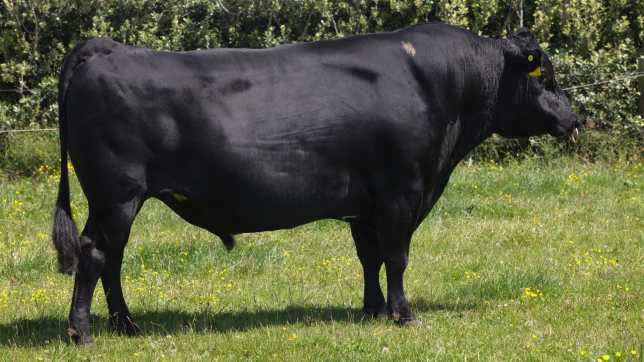A significant foot-and-mouth disease outbreak could decimate New Zealand’s herd, but Livestock Improvement Corp has a system to safeguard decades of genetic gain.
“For every bull that we purchase – and we buy 200 elite bulls per annum at the moment – the first straws of semen that we collect from that bull, we put away in an area which we call genetic insurance,” Livestock Improvement Corp’s (LIC) chief scientist Richard Spelman said.
Biosecurity NZ deputy director-general Stuart Anderson has warned any response to a foot-and-mouth outbreak would be swift, with herds tested and diseased animals destroyed immediately to prevent further spread.
The stakes are high, as the 2001 outbreak in the UK shows. Some six million sheep, pigs and cows in that country were culled and burned.
Local authorities are on high alert after the disease was detected in Indonesia in May, spreading across 23 provinces including tourism-destination Bali, sparking fears travellers could spread it through clothing or footwear. Border controls have been beefed up.
Spelman said in the event that LIC bulls have to be destroyed, “we can always go back to those straws and re-create sons”.
“We have very good genetic resources for the male side, through sperm,” he said.
Spelman said LIC doesn’t store elite embryos, but has discussed the option given the possible risk of foot-and-mouth disease.
However, “our approach at the moment is we still have expectations that there would absolutely be herds that would be unaffected by foot-and-mouth”, he said.
“We would still have access to high genetic merit animals in the wider population.”
The bulls, however, are a different story given there are not a vast number on farms.
“So absolutely we need to store the elite germplasm so we can recreate the next generation.”
The semen is stored in liquid nitrogen and can last decades.
According to Spelman, the semen is stored for genetic insurance and/or because the bull may have some unique characteristics.
“We can pull them out of a bank from 30 or 40 years and create some offspring for research trials,” he said.
“It stores for a very long time.”
The semen is stored in different locations in the event of a natural disaster such as an earthquake.
LIC currently owns almost 1,000 bulls and the farmer-owned co-operative is responsible for siring about 75% of the national herd.
One bull, Priests Sierra, was born in 2010 and spent eight years on the LIC bull team. He has 151,937 daughters and was inducted into an elite animal hall of fame for his contribution to dairy herd improvement.
According to LIC, “long-term users of LIC genetics have almost doubled the speed of improvement in their herds over the past decade”.
They are not only breeding genetically superior cows that produce fewer emissions, but they’re breeding them at a much faster rate – and genomics is the key contributor to this, it said.
LIC’s underlying earnings – which exclude items such as the bull valuation – were $25.7 million in the 12 months to May 31, up 15.3%.
It expects underlying earnings in 2022-23 to be in the range of $20m-$26m, assuming no significant climate event or milk price change takes place between now and then, nor any major impacts from Mycoplasma bovis or covid-19.










